Introduction
The term “Polly Pigs” refers to polyurethane pigs, named for their durable, flexible material. Polyurethane, known for its resilience, makes these pigs ideal for tough cleaning jobs. They navigate the complex pipeline geography, effectively removing debris and minimizing corrosion risk. Thus, Polly Pig not only maintains the integrity of pipelines but also optimizes their operation, ensuring everything runs smoothly and safely. This introduction sets the stage for a deeper dive into how Polly Pigs play a pivotal role in pipeline maintenance.
Pipeline maintenance is crucial for safety and efficiency. It ensures uninterrupted flow and prevents hazardous leaks. Enter the world of Pipeline Pigs, the unsung heroes of this essential process. These tools, traveling inside the pipelines, perform various maintenance tasks such as cleaning and inspection. Among these, Polly Pigs stand out due to their unique material.
Polyurethane material specification
| Spécification du matériau en polyuréthane : | ||
| NON. | Principaux indicateurs d’inspection d’usine | Coupe/DISQUE |
| 1 | 20°HAUTEUR (SHORE A) | 85±2 |
| 2 | Résistance à la traction (MPa) | 51.7 |
| 3 | 100 % de contrainte à l’allongement défini (MPa) | 4.8 |
| 4 | 300 % de contrainte à l’allongement défini (MPa) | 9.2 |
| 5 | Coefficient de traction ( %) | 780 |
| 6 | Résistance à la déchirure (KN/m) | 73 |
| 7 | Résilience aux impacts ( %) | 32 |
| 8 | Abrasion DIN (mm²) | 35 |
Understanding Pipeline Pigs
The Role of Polly Pigs in Pipeline Maintenance
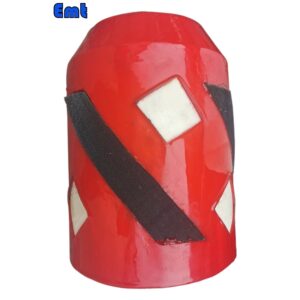


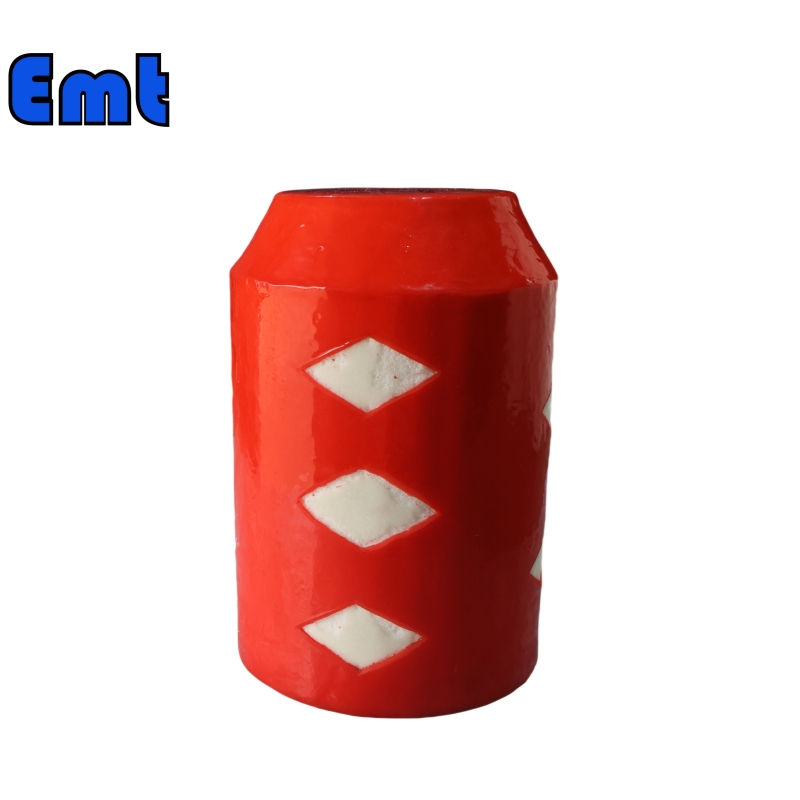
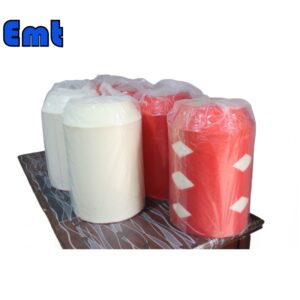
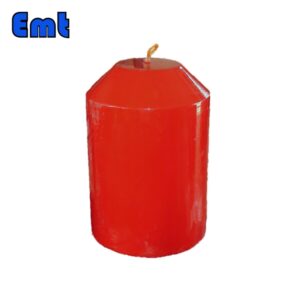
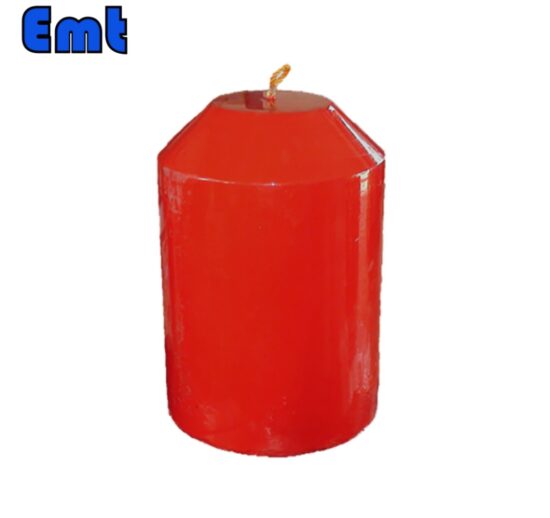
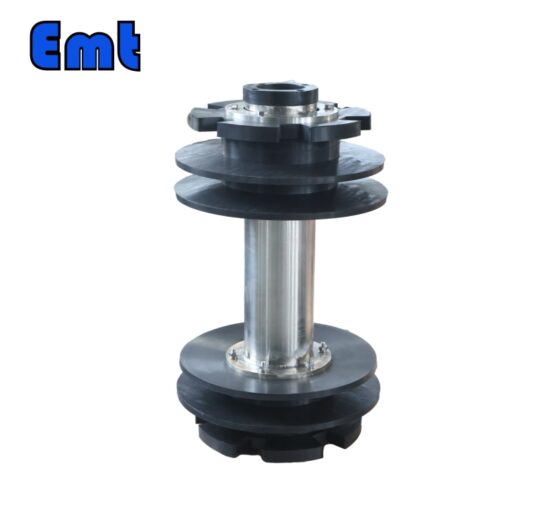
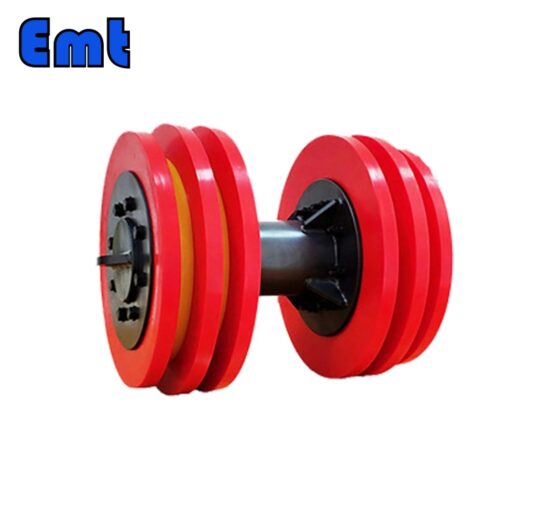
Il n’y a pas encore d’avis.